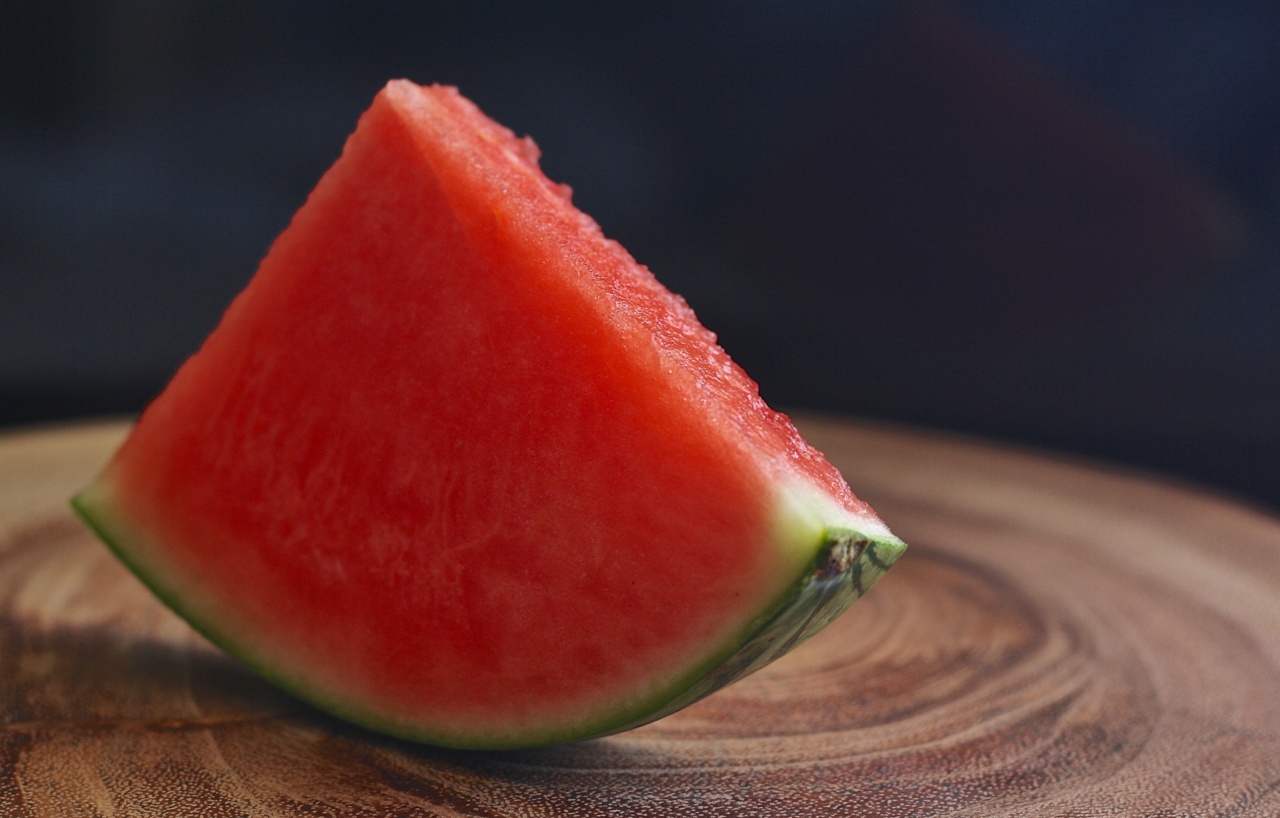Vitamin K is an important nutrient that plays a crucial role in several different processes in the body. It is important for blood clotting, bone health, and heart health.
This nutrient is found in several different foods and is also produced by bacteria that live in the gut. In this article, we will take a closer look at why vitamin K is essential for good health.
What is Vitamin K?
Vitamin K is a fat-soluble vitamin that comes in two forms: K1 and K2. Vitamin K1, also known as phylloquinone, is found primarily in green leafy vegetables like kale, spinach, and broccoli.
Vitamin K2, also known as menaquinone, is found primarily in animal products like meat, eggs, and dairy products. The body can also produce vitamin K2 through the action of bacteria that live in the gut.
The Role of Vitamin K in Blood Clotting
One of the most important functions of vitamin K in the body is to help with blood clotting. When an injury occurs and a blood vessel is damaged, the body needs to form a clot to stop the bleeding.
Vitamin K plays a key role in this process by activating proteins in the blood called clotting factors. Without vitamin K, the blood would not be able to clot properly and bleeding could become life-threatening.
Vitamin K and Bone Health
In addition to its role in blood clotting, vitamin K is also important for bone health. This nutrient helps to activate a protein called osteocalcin, which is needed for bone mineralization.
Studies have shown that people with higher levels of vitamin K in their diet have a lower risk of bone fractures and osteoporosis.
Heart Health Benefits of Vitamin K
There is also evidence to suggest that vitamin K may help to protect against heart disease.
A study published in the American Journal of Clinical Nutrition found that people with higher levels of vitamin K in their diet had a lower risk of heart disease. This may be due to the fact that vitamin K helps to activate a protein called matrix Gla protein, which helps to prevent calcium deposits from building up in the arteries.
Food Sources of Vitamin K
Some of the best food sources of vitamin K include:.
- Kale
- Spinach
- Broccoli
- Brussels sprouts
- Swiss chard
- Green leaf lettuce
- Collard greens
- Turnip greens
- Cabbage
- Chicken
- Eggs
- Cheese
- Beef liver
How Much Vitamin K Do You Need?
The recommended daily intake of vitamin K varies depending on age, sex, and other factors. In general, adult men should aim for about 120 micrograms per day, while adult women should aim for about 90 micrograms per day.
Pregnant and breastfeeding women may need higher doses of vitamin K.
When to Be Cautious with Vitamin K
Vitamin K is generally considered safe for most people. However, there are some situations where caution is advised:.
- If you are taking blood-thinning medications like warfarin, you should talk to your doctor before increasing your intake of vitamin K. This is because vitamin K can interfere with the action of these medications.
- If you have a condition that affects the absorption of fat-soluble vitamins, you may be at risk for vitamin K deficiency. Examples of these conditions include pancreatic diseases, liver diseases, and inflammatory bowel disease.
- If you are pregnant or breastfeeding, you should talk to your doctor about whether you need to take a vitamin K supplement.
The Bottom Line
Vitamin K is an important nutrient that plays a crucial role in blood clotting, bone health, and heart health. It is found in several different foods and is also produced by bacteria that live in the gut.
While most people get enough vitamin K from their diet, there are some situations where caution is advised.





























